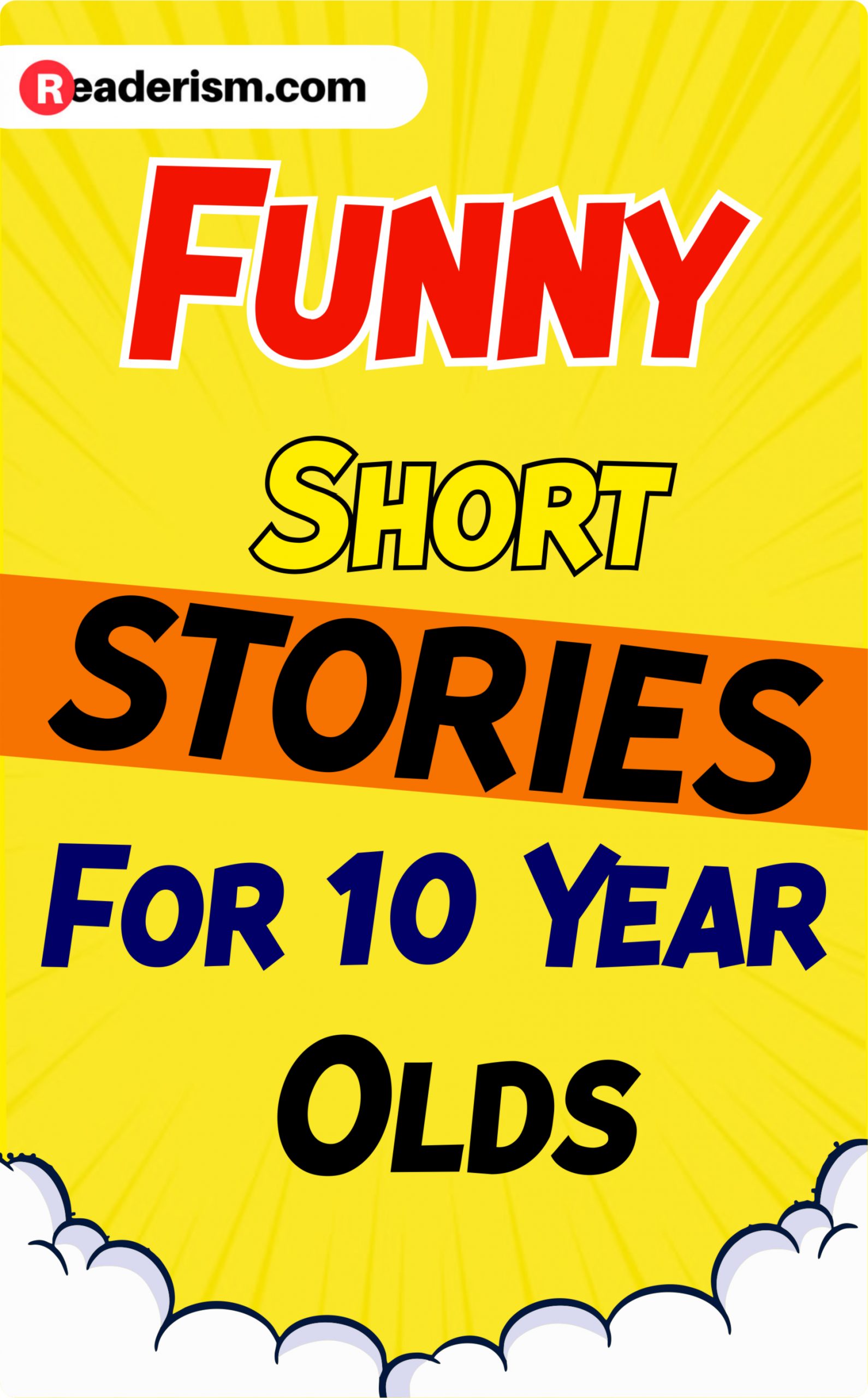They’re Made Out of Meat by Terry Bisson
I love introducing students to science fiction. We really don’t use it enough in our English classes. In this story, two aliens discuss the bizarre new life form they’ve discovered and try to figure out how it thinks and lives. Your students will laugh out loud when they discover that the aliens are talking about humans and love figuring out the everyday activities and items the aliens just can’t seem to make sense of.
In class: This is perfect for introducing a new genre to students. After reading, ask students to craft their own science-fiction short story. As a class, brainstorm a list of activities of events that take place all the time that we think are totally normal. Then, ask students to write their version of an alien race trying to figure out a birthday party, after-school detention, or lunch in the school cafeteria.
Charles by Shirley Jackson
Written by the same woman who wrote the eerie short story “The Lottery,” this story is guaranteed to make students of all ages chuckle. The tale of the worst kindergarten student ever, as told by a student in the same class to his mother at the end of every school day, your students will love hearing all about Charles’s antics. The twist at the end of the tale will make students gasp and giggle.
In class: Perfect for lessons on irony, your students can debate whether Jackson’s funny short story demonstrates verbal, situational, or dramatic irony. I’ve also used this story to show students how an author can utilize dialogue as a method for developing characterization.22Thank You, Ma’am by Langston Hughes
Like “Charles,” this is another classic, well-known story. An older woman takes a young man under her wing after he attempts to steal her purse. As they spend time together, she teaches him a valuable lesson about life. It’s perfect for upper-elementary and middle school students.
In class: This is one of those funny short stories that lends itself to lessons about dialogue, diction, theme, and characterization. It’s also a great text to use for practice discussions or Socratic seminars. Students could easily develop questions about the actions of the characters. They could consider how they would have responded in the same situation. And they could even reimagine the story as if it were written today.
Lord Oakhurst’s Curse by O. Henry
2While many students will have read “The Gift of the Magi,” this short story by the same author is much less well known. Lord Oakhurst is dying, his wife is grieving (or is she?), and a doctor arrives to try to help. Your students will be shocked and amused by this quick read.
In class: Indirect characterization leaps to the foreground in this funny short story as students can debate whether Lord Oakhurst’s wife is truly as sad as she says she is throughout the story. The story also makes use of flashbacks, making it great for introducing or reviewing that concept.
2Wealthy Teen Nearly Experiences Consequence by The Onion Staff
Satire is a tough genre for so many students. The popular satirical online news magazine The Onion comes to the rescue here with a hysterical piece that, while not a short story exactly, certainly tells a tale students will guffaw over. In the article, students learn the plight of a young man who almost received severe consequences for driving while under the influence. Some satirical pieces are almost too serious for students to see as satire, but this one does a great job of taking a serious subject and turning it on its head to make a point.
In class: This piece is perfect for students who aren’t ready to grapple with some of the more complex satirical pieces they’re often given in school. If your group isn’t quite ready for Swift’s A Modest Proposal, this is a great place to start. As an introduction to satire, pairing this piece with actual news reports of cases where privileged young people have received shockingly light sentences for serious crimes will definitely keep your students engaged (and enraged?).
Maddened by Mystery or The Defective Detective by Stephen Leacock
This short story caper takes on the classic detective trope and mocks it mercilessly. Over-the-top costumes, mistaken identities, and a ridiculous reveal make this a truly funny short story to share with your students.
In class: I wish I still taught the mystery unit I taught for many years so that I could add this funny short story to the mix. This is a perfect piece to introduce satire. It mocks many of the most common elements of typical detective stories in a truly hilarious fashion.
There Was Once by Margaret Atwood
Given her popularity in current popular culture, Margaret Atwood is an author our students should know. This short story about a fairy-tale writer receiving some “constructive criticism” on how to make their story more inclusive is sure to inspire reactions among your middle or high schoolers.
In class: This is a great short story to use when teaching the importance of how dialogue can impact tone. Additionally, it would be a great piece to bring to any discussion of whether or not students should read “old” stories that have language or ideas that are considered problematic today.

